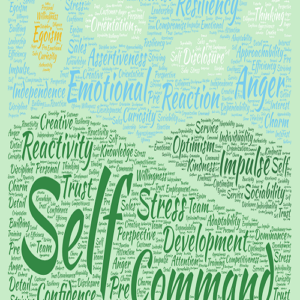Description
Children whose parents are good role models are more likely to be ambitious and perseverant.
Many ingredients go into providing a happy and healthy environment for our children. Although parents may demonstrate different approaches and have different ideas about what goes into making a good parent, it is understood that the primary role of all parents is to set standards for their children’s conduct and provide them with the support they need to become competent adults.
Researchers and theorists on parenting have largely focused on four main parenting styles: Authoritative, Authoritarian, Permissive and Uninvolved. Each parenting style is defined by the extent to which parents display responsiveness and demandingness, which are the two most common themes found in research literature. Parental responsiveness refers to the warmth and support parents provide for their children, while parental demandingness refers to the level of behavioral control they exert over them. Responsive parents encourage and support individuality (both in character and opinion), and are sensitive and amenable to their children’s needs and demands. Examples of parental demandingness include punishing children in response to inappropriate conduct or disobedience, as well as supplying supervision and exercising discipline when necessary. Parents who are demanding control their children, rather than letting the children control them.
Parental responsiveness and demandingness can predict children’s social and academic competence, as well as overall well-being. In order to ensure a healthy and stable environment, research has shown that being both demanding and responsive, along with recognizing and supporting children’s individuality and independence, tends to provide the most promising results.
Purpose: ParSP is designed to identify a person’s parenting style, based on the level of responsiveness and demandingness he or she provides.
Vitals
No. of questions: 42
Question type: Self-assessment, situational, multiple
choice Estimated completion time: 25-30 minutes
Shorter versions of assessment: N/A
Recommended age level: 18+
Qualification Level: Class A
Compliance: APA standards
Validation Information:
● Sample Size: 12,117
● Cronbach’s Alpha range: 0.73 to 0.85
Features
Group Comparisons: Available
Report Includes:
● Summary
● Introduction
● Graphs
● Detailed narrative interpretation
● Advice
Factors and Scales:
2 scales assessed:
● Perfect Parent Syndrome: Assesses whether a person has a tendency to be overly
concerned with being the “perfect parent.”
● Team Parenting: Assesses whether a person thinks it is essential for both parents to work
together as a team when parenting.







Reviews
There are no reviews yet.